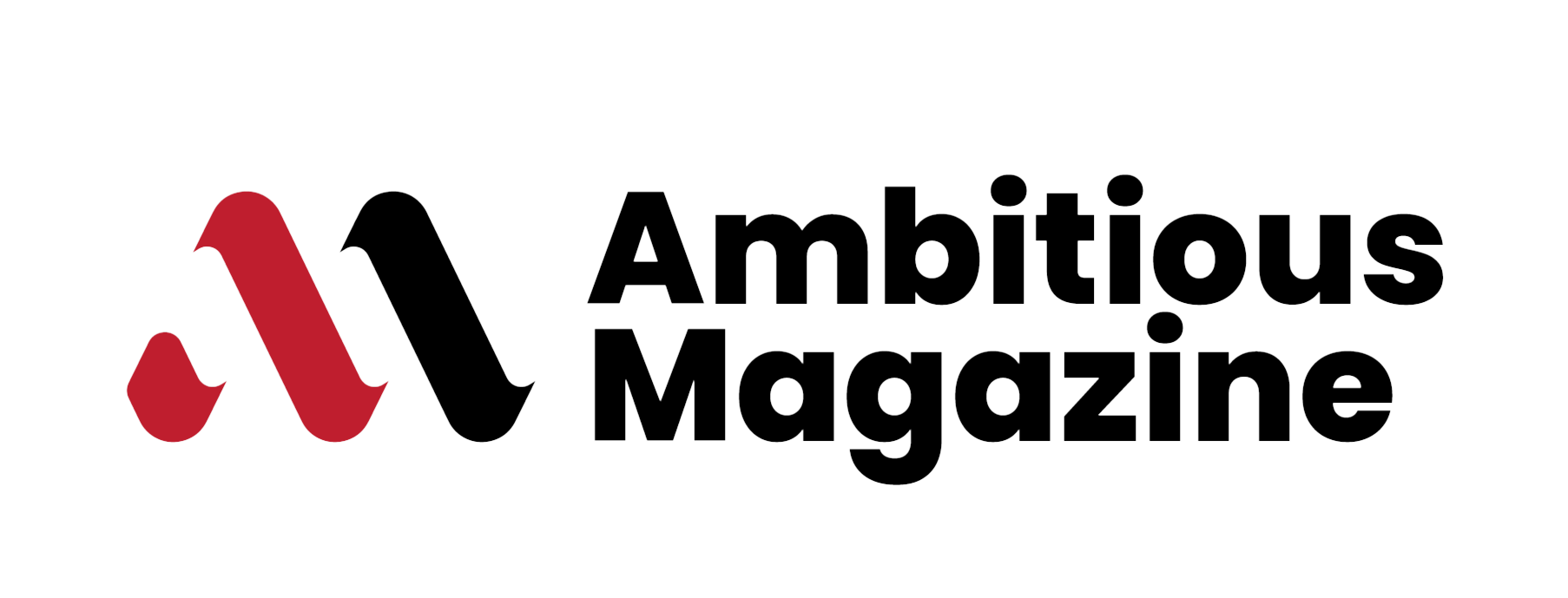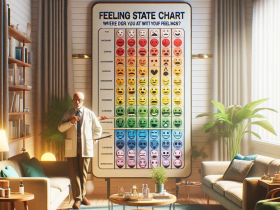The Price of Holding Tension from Stress and Trauma
In the hustle and bustle of our fast-paced world, the stresses and strains of daily life can exact a toll on our mental and emotional equilibrium. The price of holding tension from stress and trauma is a subject that strikes a chord with countless individuals as they try to comprehend the impact and seek solace. This Blog delves into the intricate connection between stress, trauma, and the cumulative impact of both on our overall health. My purpose is not merely to illuminate the issue but to impart valuable insights that can empower individuals to navigate and mitigate the repercussions of tension in their lives.
Understanding the Silent Culprits: Stress and Trauma
Stress and trauma are stealthy infiltrators that often permeate our lives without warning. Arising from work pressures, relationship dynamics, or societal expectations, the impact form stress can manifest in diverse forms, affecting physical, mental, and emotional well-being. Trauma is a residual effect of past experiences, that leaves indelible imprints on our psyche. Together, they form a toxic concoction that significantly influences our overall health.
The Physical Manifestation of Tension
One of the most alarming facets of holding tension is its palpable impact on our bodies. Chronic stress and unresolved trauma can lead to a spectrum of physical ailments, including headaches, muscle tension, physical pain, and digestive issues. Every system in the body including digestive, respiratory, urinary, circulatory, and reproductive is put under strain. Understanding the physiological responses to tension is imperative in addressing the root cause.
Unravelling the Emotional Web
Emotionally, the toll of tension can be overwhelming. A persistent sense of unease, anxiety, and depression can become pervasive, hindering our ability to lead fulfilling lives. For many, the overwhelm is such that tragically they have no desire to continue with their life. Recognising the emotional impact of stress and trauma is crucial, necessitating effective strategies to unravel them.
Coping Strategies – The Pros’ and Cons

Embracing Mindfulness
Pros: Cultivating present-moment awareness can help to quieten the mind of all the negative chatter that comes from stress and trauma. Practices like meditation and deep-breathing exercises offer tangible benefits that enable some emotional resilience.
Cons: Meditation can be very challenging for many dealing with trauma as they endeavour to sit quietly for any length of time, and be able to focus the mind on any one thing.
Seeking Professional Support
Pros: Acknowledging the need for support is a sign of strength, not weakness. Professional support through therapy or counselling provides a safe space to explore and process the underlying causes of tension. Trained professionals guide individuals on their journey to healing, offering coping mechanisms and strategies for sustainable well-being.
Cons: However, it must be clear that we cannot talk about the problem if we do not remember it. Most common from early years trauma. Tension therefore remains stuck in the body’s muscle memory. Many do not want to talk.
Therapy for many is a luxury they can ill afford, so little wonder so many visit Doctors for prescriptions. Unfortunately, medication masks the problem and does not heal from its root cause.
Physical Well-being as a Foundation
Pros: The mind and body are intrinsically connected, and nurturing physical well-being is paramount in addressing tension. Regular exercise, a balanced diet, and adequate sleep form the foundation of a healthy lifestyle. These elements enhance not only physical health but also contribute significantly to emotional resilience.
Cons: The caveat of course is that for those battling with the impact of trauma, there is little margin for the desire to engage in physical activity or be ready to adopt healthy eating. The need for dopamine, to feel comforted is greater which leads to eating the wrong foods, having no will to exercise, and because of the mind chatter, and are often sleep deprived.
The Ripple Effect: Impact on Relationships and Productivity
Strained Relationships
The effects of holding tension extend beyond individual well-being to impact interpersonal relationships. Unresolved stress and trauma can strain relationships, creating communication barriers and emotional distance. It is easier said than done, but recognising these patterns is essential for fostering healthy connections.
Impaired Productivity
In the professional realm, the impact of tension on productivity cannot be overstated. A workforce burdened by stress is likely to experience decreased efficiency, creativity job satisfaction, high absenteeism, and the knock-on effect on the finances of the business. Employers play a crucial role in creating a conducive work environment that prioritises employee well-being. In times of economic challenges though offering anything meaningful is avoided because of the prohibitive costs of limited options.
Moving Forward: Breaking the Chains: A Call to Action
Breaking the Silence
Breaking the silence surrounding tension is the initial step toward collective healing. Initiating open conversations about stress and trauma reduces stigma and fosters a culture of empathy and understanding. Organisations and communities can play a pivotal role in creating spaces for dialogue.
Education and Awareness
Empowering individuals with knowledge about stress and trauma is a potent tool in the journey toward relief. At TRE UK® the Total Release Experience® Programmes offer an educational initiative that goes deeper into the impact of tension from past stress and trauma to explain why physically, mentally, and emotionally we find ourselves out of balance. Finally, we share how to move beyond coping, by getting to the root cause and healing. We offer a unique resource to contribute to a more informed and resilient society.
Taking Responsibility
In the UK especially the health service is under great strain. I know from the validated data of our programme that we do indeed have the power to heal from the ailments we think we need a doctor for. It is never obvious either that they are caused by tension in the body from stress and trauma.
Whilst all traditional ‘healing comes from the outside real healing comes from the inside out. That means learning to Thoughtfully Activate the Psoas to release tension from the core. When we are ready to step up and take responsibility for our well-being we can all discover empowerment, and transformation to live our best life, breaking the chains, and know freedom from the past
Conclusion
In conclusion, the price of holding tension from stress and trauma is multifaceted, affecting every aspect of our lives. By understanding the intricate connection between stress, trauma, and overall well-being, individuals can take proactive steps toward relief and ultimate healing. The journey involves basic coping strategies embracing mindfulness, seeking professional support, and prioritising physical well-being, and being open to embracing a powerful, empowering solution. It is a collective effort that spans relationships, workplaces, and communities, breaking the silence and fostering a culture of empathy and resilience.
In the words of Hippocrates, ‘The greatest medicine of all is teaching people how not to use it.’

















Leave a Reply